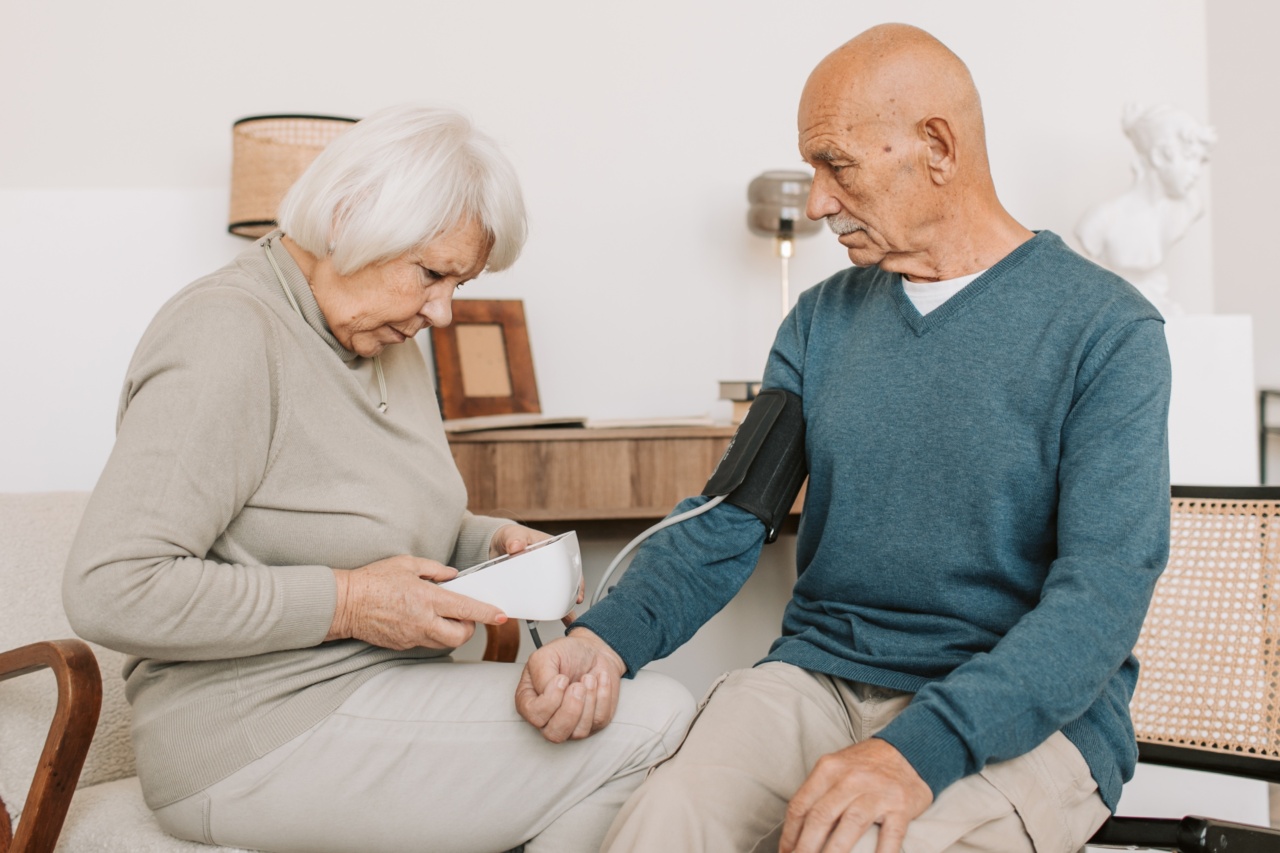Blood pressure is incredibly important for many reasons. Without proper monitoring and management, high blood pressure can cause serious long-term health complications, especially in seniors.
In fact, high blood pressure, also known as hypertension, is sometimes referred to as the silent killer among seniors. This is because it can often go undetected for years, leading to severe damage to the body before any symptoms arise.
What is Blood Pressure?
Blood pressure is the force that blood exerts on the walls of blood vessels. It is measured in two numbers – systolic and diastolic.
Systolic blood pressure is the pressure when the heart beats and pumps blood, while diastolic blood pressure is the pressure when the heart rests between beats.
Normal blood pressure is considered to be around 120/80 mmHg. Readings above this are classified as hypertension, with differing levels of severity depending on how much higher the reading is.
If left uncontrolled, hypertension can cause damage to blood vessels in the heart, brain, and kidneys, leading to heart disease, stroke, and kidney failure.
Symptoms of High Blood Pressure
With hypertension being the silent killer, it can be difficult to detect it in the early stages without proper monitoring. However, if left unchecked, there are certain symptoms that may arise:.
- Headaches
- Nosebleeds
- Shortness of breath
- Chest pain
- Visual changes
While these symptoms can be indicative of other illnesses as well, it is important to monitor blood pressure and seek medical attention if they continue to occur.
Risk Factors for High Blood Pressure
There are several factors that can increase the risk of developing high blood pressure, including:.
- Age – blood pressure tends to rise with age
- Race – African Americans tend to have a higher risk of hypertension
- Family history – hypertension can run in families
- Obesity
- Sedentary lifestyle
- Tobacco and alcohol use
- Chronic kidney disease
- High salt intake
- Stress
It is important to maintain a healthy lifestyle and monitor blood pressure regularly, especially if any of these risk factors are present.
Treating High Blood Pressure
If high blood pressure is diagnosed, there are several lifestyle changes and medications that can be used to manage the condition:.
- Physical activity – regular exercise can help lower blood pressure
- Diet – a diet rich in fruits, vegetables, and whole grains, and low in saturated fat and salt, can help lower blood pressure
- Weight management – losing weight can help lower blood pressure
- Medications – several medications are available to help manage blood pressure levels
It is important to work with a healthcare provider to find the best course of treatment for high blood pressure.
Preventing High Blood Pressure
While there are several risk factors for hypertension that cannot be controlled, there are also several steps seniors can take to help prevent high blood pressure from developing:.
- Maintaining a healthy weight
- Following a healthy diet
- Getting regular physical activity
- Limiting salt intake
- Managing stress
- Limiting alcohol and tobacco use
- Getting regular blood pressure screenings
By incorporating healthy lifestyle practices and monitoring blood pressure regularly, seniors can help reduce their risk of developing hypertension.
Conclusion
Blood pressure is a critical health measurement that should be monitored regularly, especially among seniors.
With hypertension being the silent killer and often showing no symptoms until severe damage has occurred, regular monitoring and management are key in preventing long-term health complications. Seniors can help reduce their risk of developing high blood pressure by maintaining a healthy lifestyle and working with their healthcare provider to find the best course of treatment if high blood pressure is diagnosed.





























